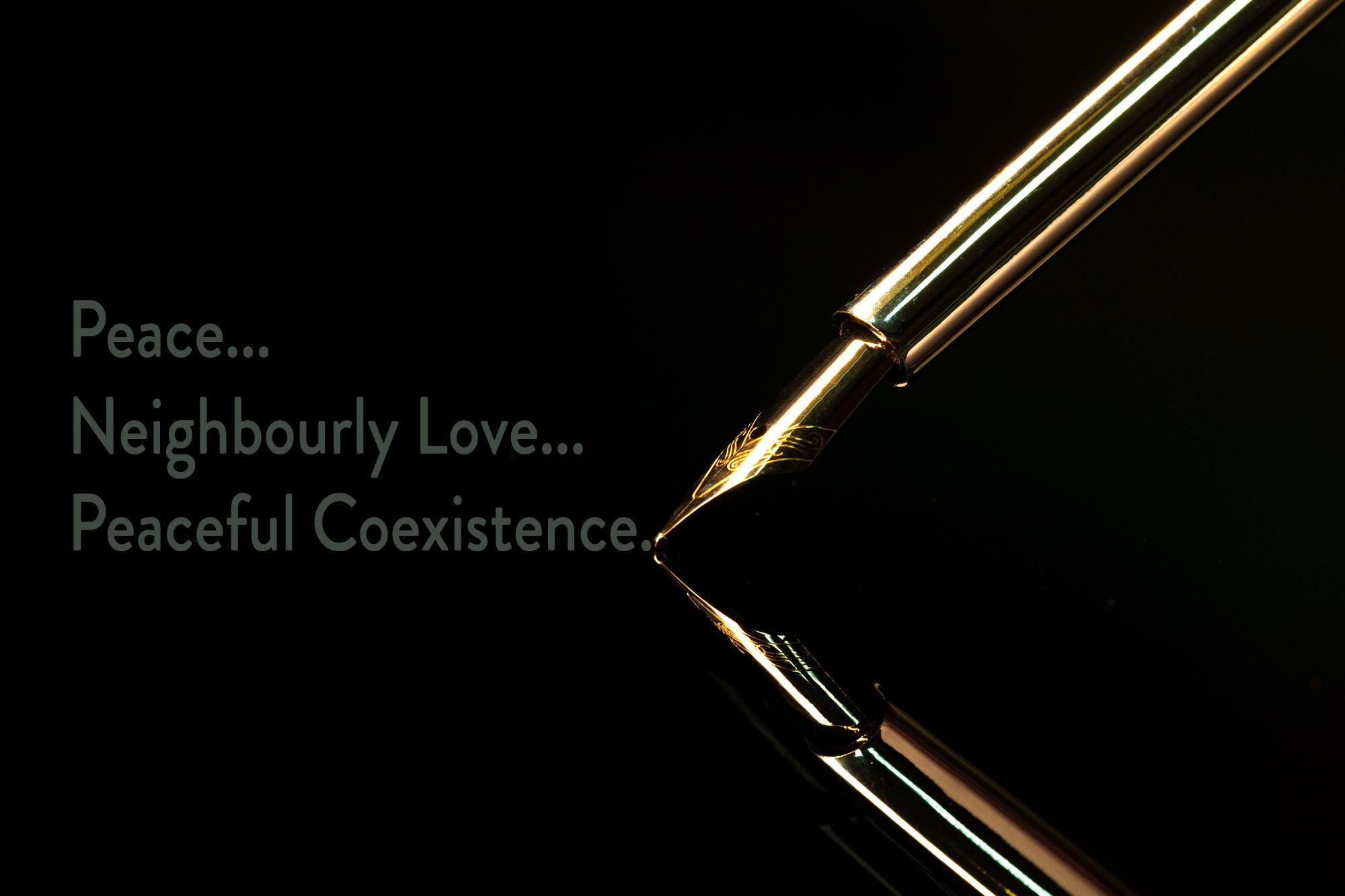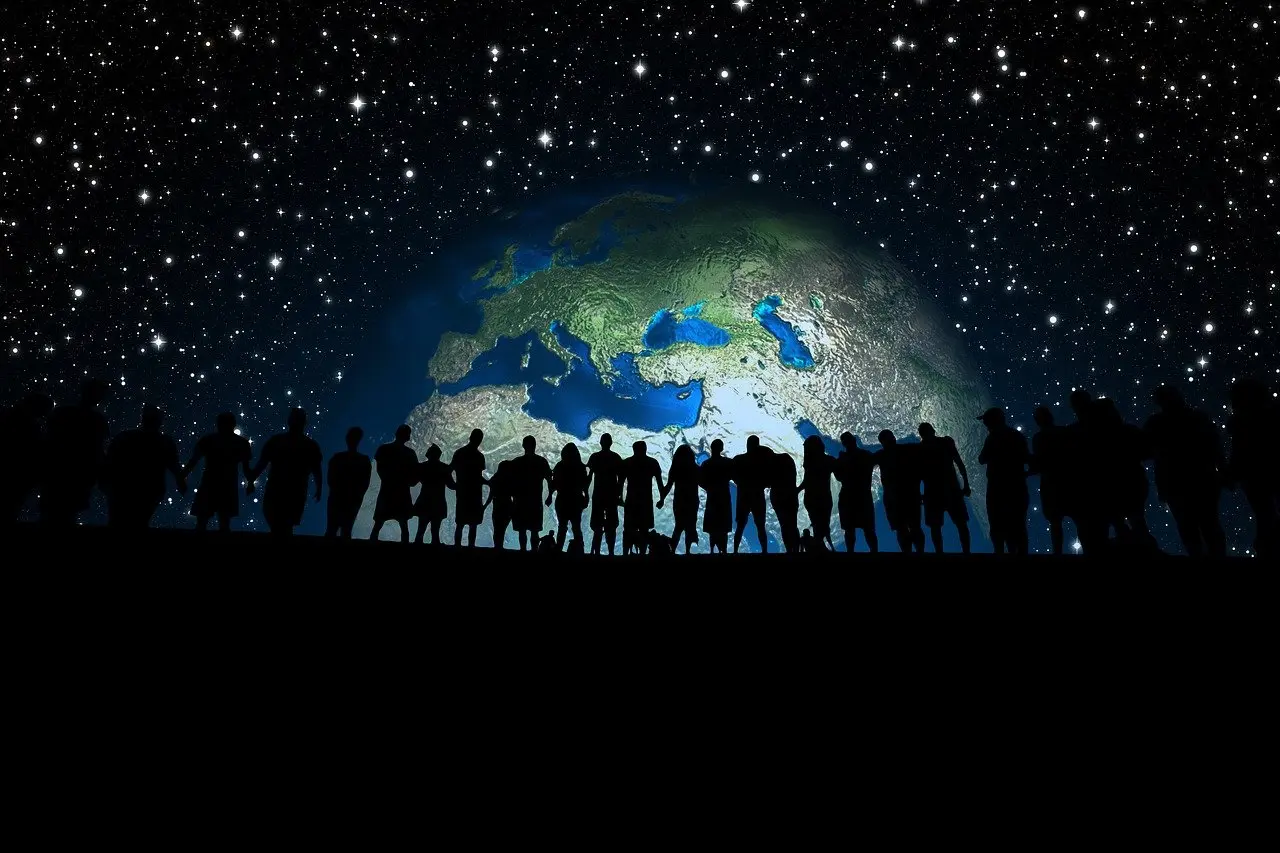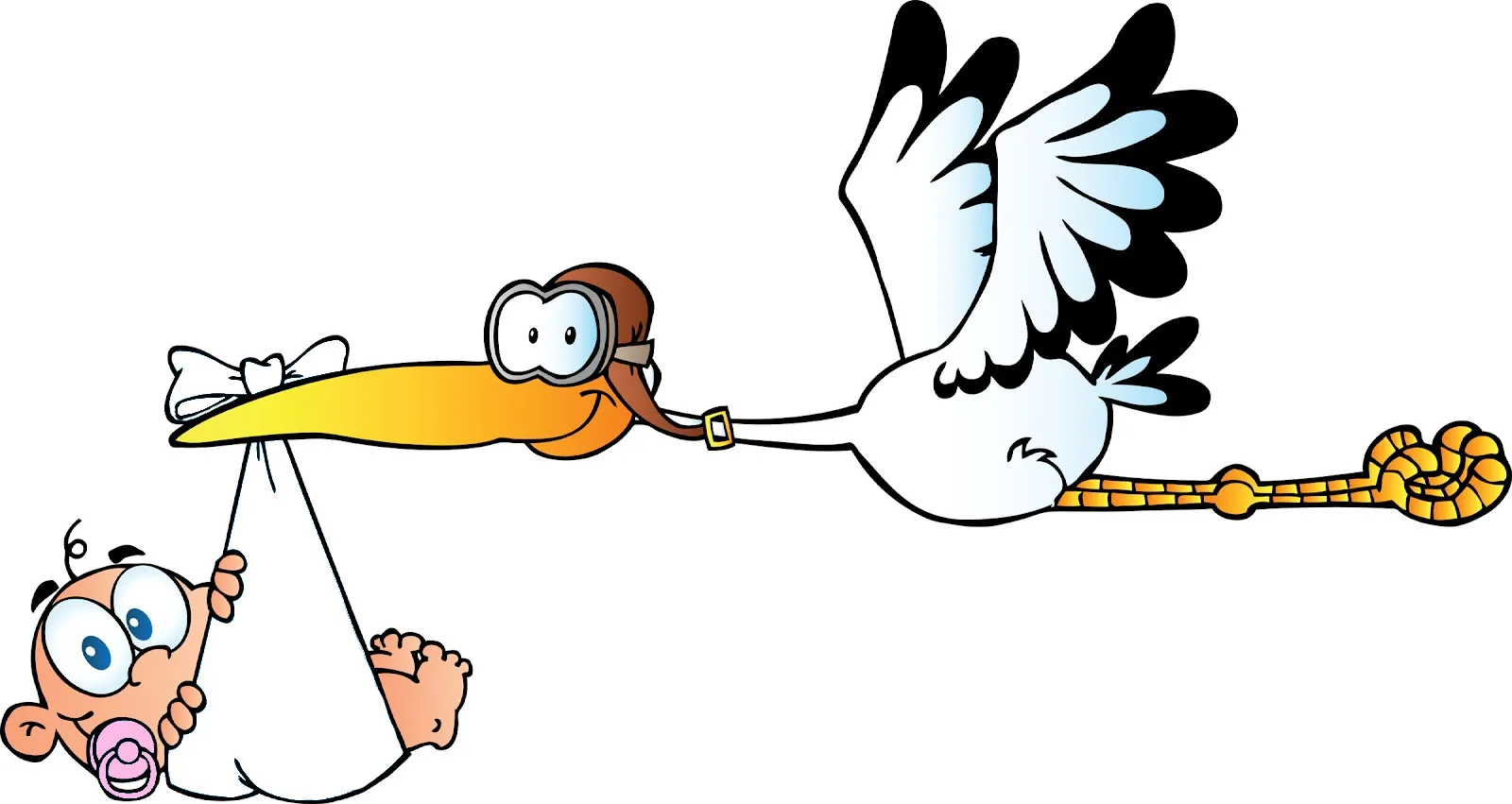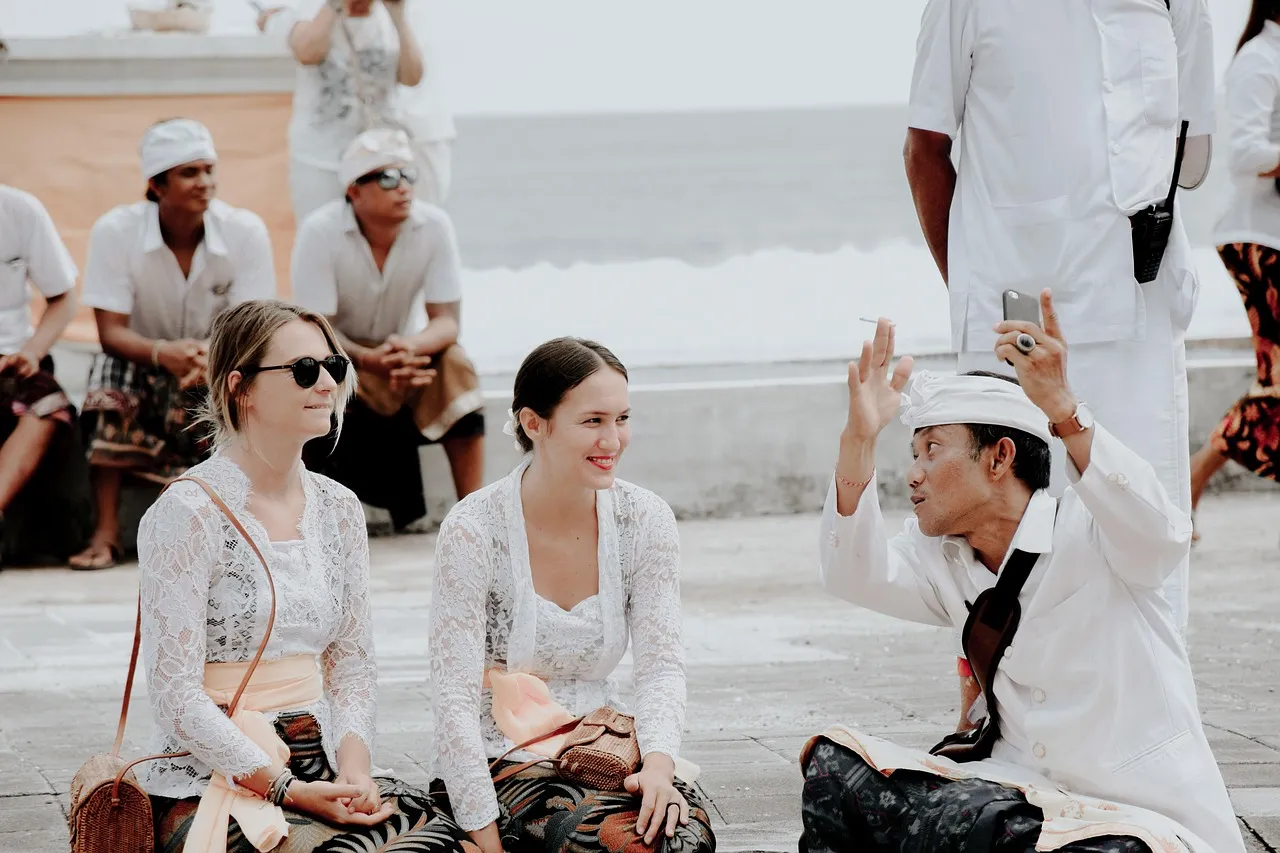
“Perspective is Key.” – “Pride and Prejudice”: The latter is a novel by Jane Austen, one of her most famous ones. Jane Austen was a lady and writer and wrote about what she knew best: The life of the landed gentry in early 19th century England.
The title encompasses a lot of what gets in the way of people knowing each other well, especially in formal surroundings, these days most often business.
The prejudice we grow up with or develop over time. A blunt example: People wearing black beanies are at least doubtful in character, perhaps some sort of outlaw – or even criminals…
Or: People laughing may be lacking in respect and subordination in a business context…
Or: People wearing comfortable shoes and clothing (especially women) are of a certain orientation in their private life…
Or: Italians are always passionate and easy to smile and make jokes, and like celebrating and joyful activities… whereas people in North European countries tend to be gruff and a little lacking in social graces…
Really?
Try meeting an Italian at night on a lonely road… or on the other hand North Europeans when you ask them for help – or around a fire on the beach with a guitar…
Stereotypes are often a misstatement of possibilities that have been generalized – too often, too long.
And they also can easily be abused to stamp a group or an individual with the sign of a brand, sort of: Difficult, avoid…
When in actual fact it’s the misogyny, or hatred of the other (better…??) principle, the person that might be considered a threat to ones position – or the simple envy of a (perceived) advantage over ones own existence.
Images and perspective are key, in so many respects.
That’s why checking your sources carefully can be crucial, not to say of the essence.
So much suffering, pain and useless effort are delivered and spent in regard to prejudice.
My father used to put it jokingly, and in plain irony:
“Those are the types that will not have their prejudices spoilt by fact.”
The way out of such pits of misery and their pitfalls? Since, misery is the real result of such thoughts and sometimes ensuing deeds:
-
- Find out about your own true self, all the good things and skills you own. The self-esteem.
- Try and change perspectives on your life and your peers now and again, even if for fun only and see what can happen, at times…
There’s joy and the good, lighthearted laughter in that.










